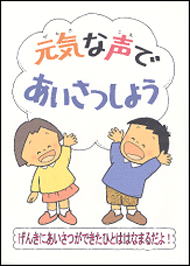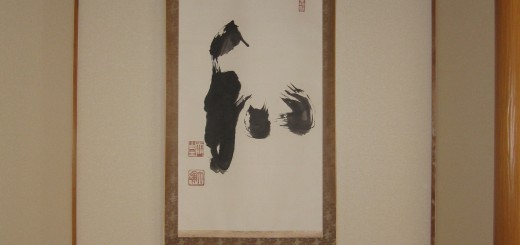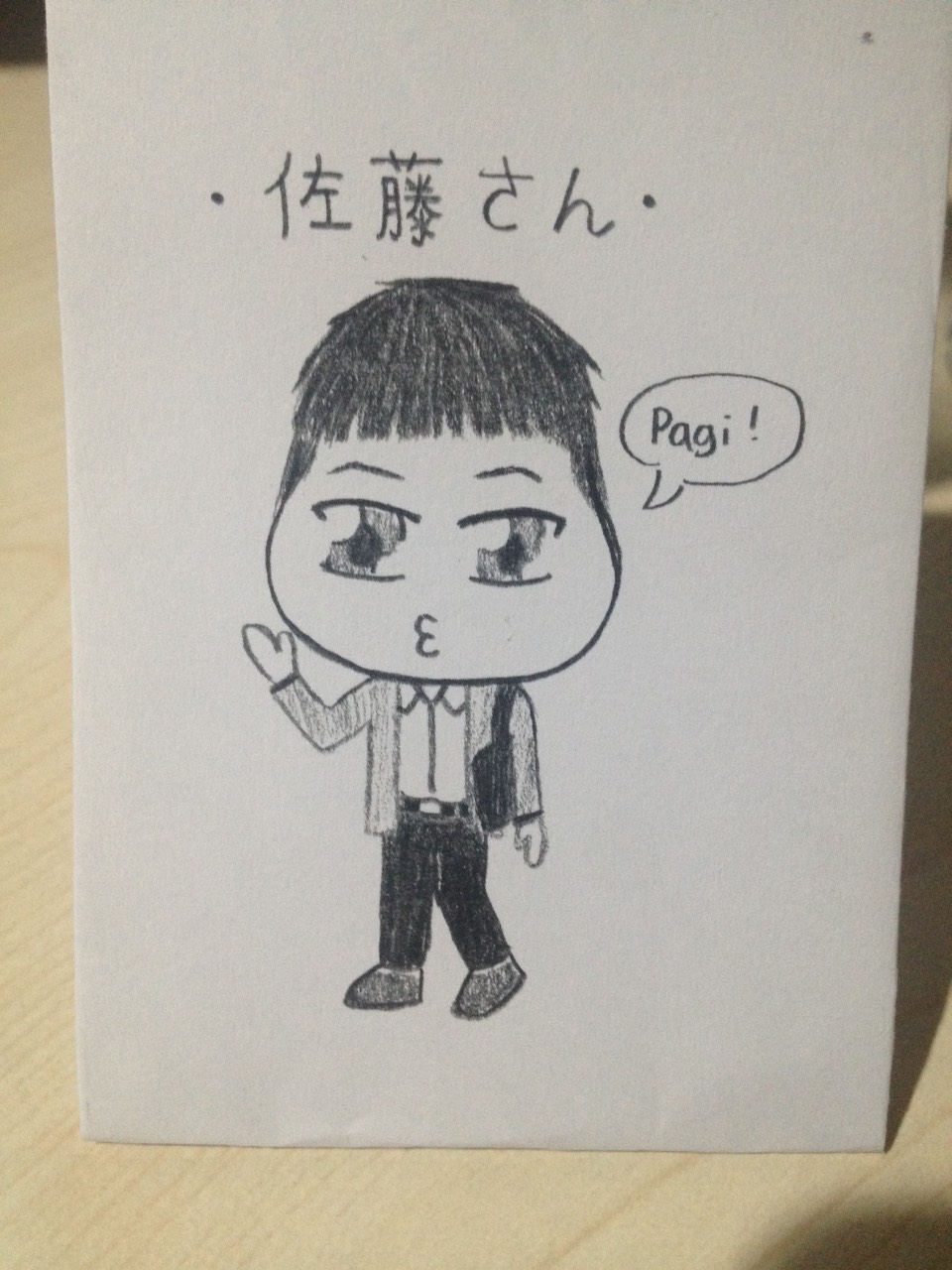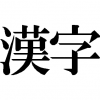When you want to start conversation with someone, starting with greeting is the first step in any language, right? Nice greeting makes your relation with family, friends and customers etc. much better!
I will write post about greeting in a few sessions.
There are some characteristics in greetings in Japanese.
One is right time in right greetings. Greeting in morning and night are different like other languages.
Also, greetings differ according to relation. Greetings to your boss and greetings to your friend are totally different.
In addition, some greetings are formed as one phrase. I mean it’s fixed pattern and you should memorize by practicing and using many times.
In morning
おはようございます / おはよう
(Ohayou gozaimasu / Ohayou)
おはようございますis a formal greeting in morning. In English, “Good morning”.
You can use this around until 11 o’clock in morning. And you can use this when you are talking with your boss, stranger and older person since this expression contains respect feeling. On the other hand, おはよう is a casual greeting maybe with family, friend and your staff.
Around noon to evening
こんにちは
(Konnichiwa)
こんにちは is used from around noon to evening. In English, “Hello”.
“は” is pronounced as “wa” not “ha”. There is no formal/casual style for this. You can use こんにちは to anyone.
Evening to night
こんばんは
(Konbanwa)
こんばんは is used from evening to night when it gets dark. In English, “Good evening or night”.
“は” is pronounced as “wa” not “ha”. There is no formal/casual style for this. You can use こんばんは to anyone.
When eating
いただきます
(Itadakimasu)
ごちそうさまでした / ごちそうさま
(Gochisou sama deshita / Gochisou sama)
いただきます is used when you start eating. This phrase shows thankfulness to food, cook and people related with food like farmer and fisher and carrier etc.
ごちそうさまでした is used when you finish eating. ごちそうさま only is enough but this style fits in more casual situation.
When leaving
さようなら
(Sayounara)
また明日
(Mata ashita)
じゃあね/じゃあまたね
(Jyaane/Jaa matane)
There are many phrases when leaving like English. The most popular one is さようなら. In English, “Good bye”. また明日 is “See you tomorrow” in English. じゃあね/じゃあまたね is “See you next time” in English.
So much for this session.
Other posts with native Japanese voice.
Greeting② – Thanks and sorry あいさつ(ありがとう、すみません)
Session note ② ~のようだ、~ように、~ような(N3 level)
Session note ① ~に対して、~にとって(N3 level)
If you like this or feel this is useful, please share on Facebook and retweet on Twitter!
If you wanna join Leo Sensei’s group on Facebook, click Facebook mark on top or bottom and send friend request to me. You can get updated information and ask me freely about Japanese language and culture and so on.



















